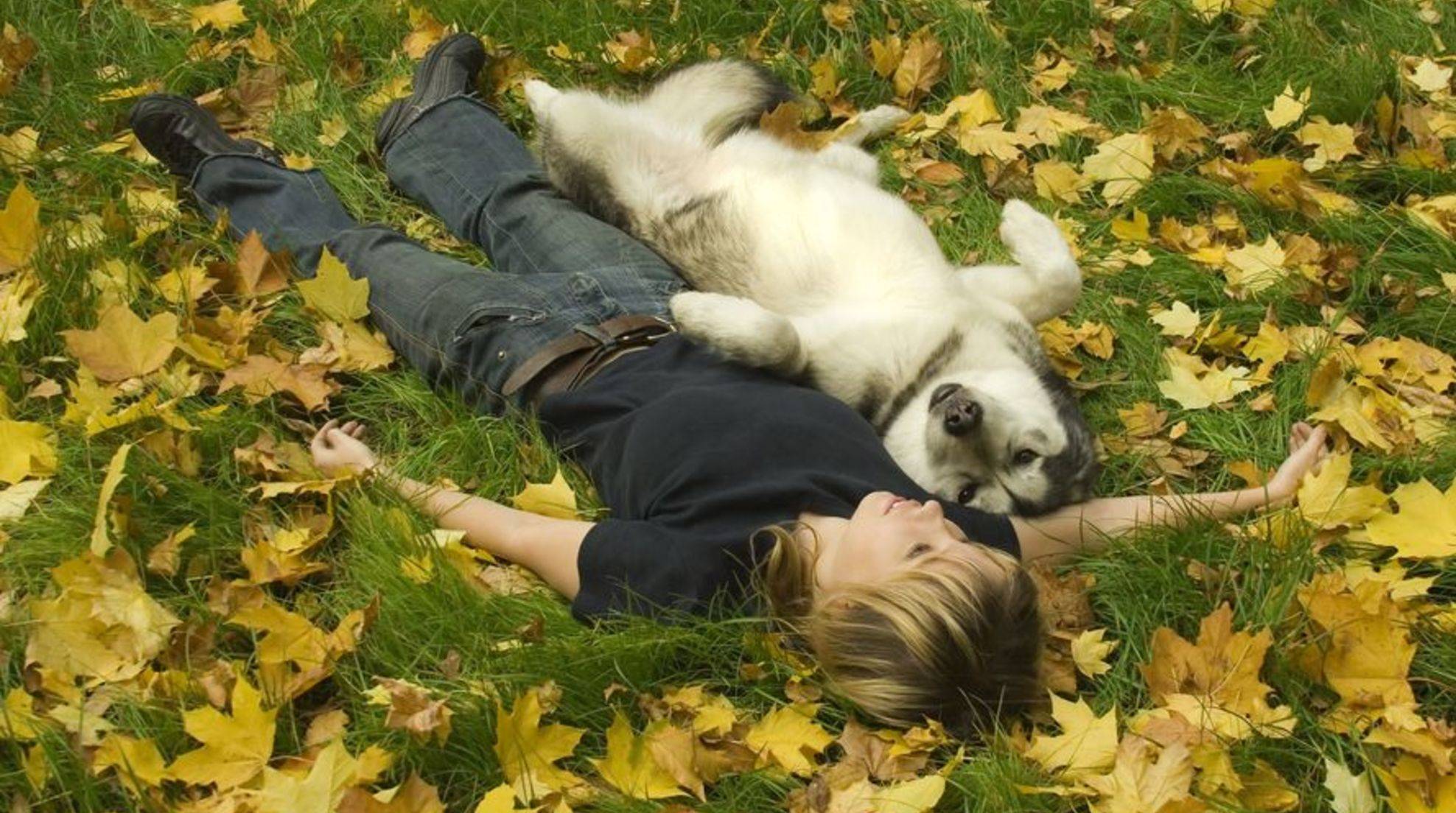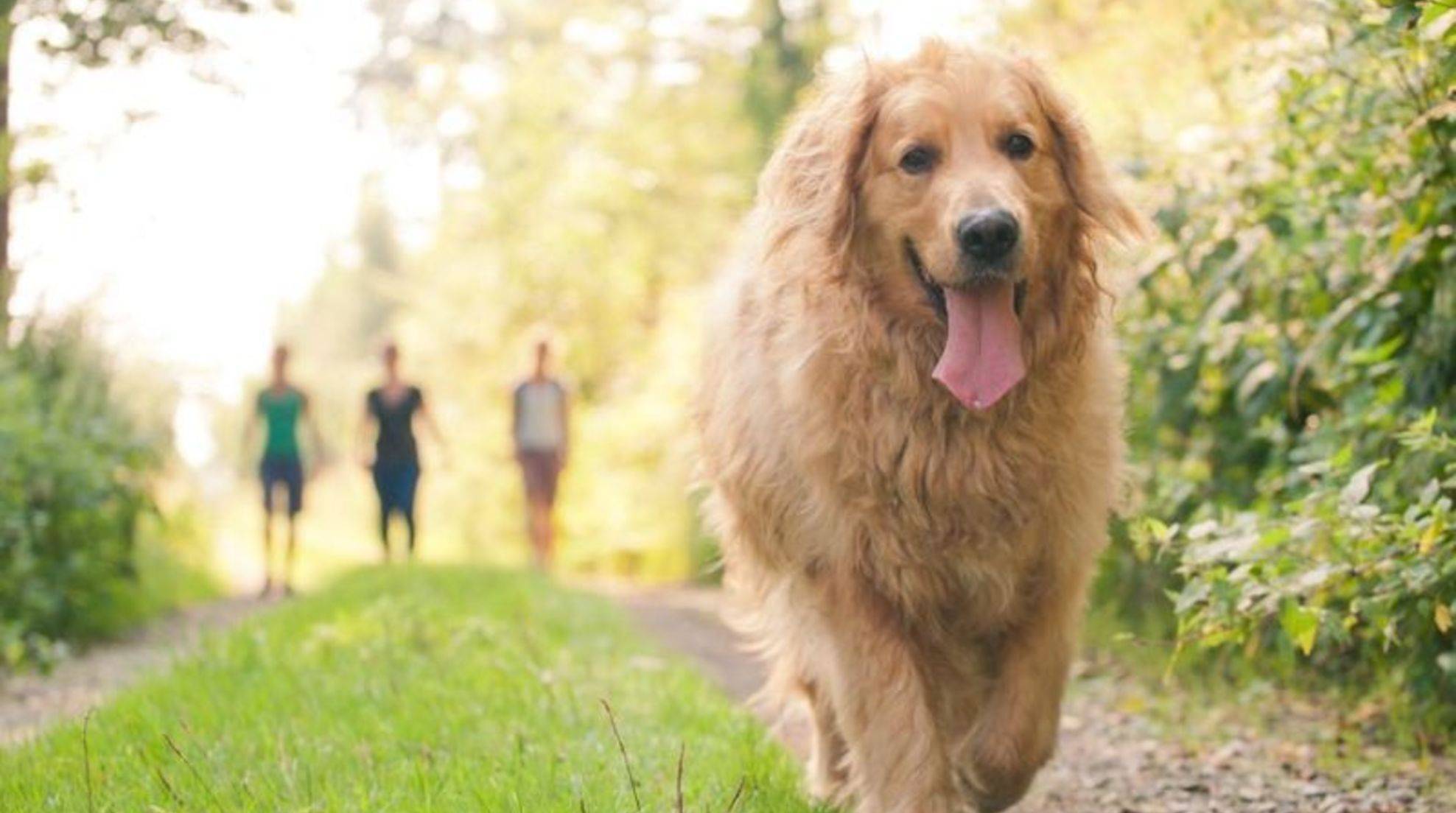Tibetan Terrier: Tips for education
In principle, raising a Tibetan Terrier is not difficult – if you manage to be consistent and loving at the same time. This breed has its head and is very sensitive, with specific parenting implications. If you take into account its unique nature when raising it, you will not have any problems with your Tibetan Shepherd Dog.
The Tibetan Terrier is very attentive and sensitive to the moods of his people. The best way to reach him is through praise, clear communication, and consistency. Begin training on the day the dog moves in with you.
Tibetan Terrier: A teachable dog
Tibetan Terriers are intelligent and eager to learn. It is easy for them to learn tricks and basic commands – if they want to. This breed is predestined for dog sports such as obedience, agility, or dog dancing with the proper human guidance.
Practice the small, long-haired Tibetan from the beginning and visit a puppy playgroup with the young dog to train a relaxed interaction with other dogs.
Tibetan Terriers are creatures of habit.
The small herding dogs love a routine everyday life and fixed rituals. This can quickly become exhausting when they demand “their” fixed get-up, walk, and feeding times. You can counteract this in education by arranging everyday life from the beginning rather loosely.
However, dogs of this breed are susceptible to change. As a result, they quickly become defiant and then refuse to cooperate. Therefore, when training your dog, rely on the familiar instead of constantly surprising him with something new. If the dog is sure that he can depend on you, he will willingly follow you and gladly show his affection through obedience.
A family dog does not want to be alone.
Tibetan Terriers were initially herding dogs that guarded their herd but usually did not herd. These dogs are very affectionate and attentive towards their humans and want to be firmly integrated into the family, which they then serve with devotion as a guard dog. Being alone does not suit this breed well. Therefore, be sure to consider the tight integration of the family dog in education. Suitable for this is, for example, dog training, according to Feltmann, in which the dog is considered a full member of the family.
Learning without pressure, but with consistency
Do not demand too much and not too little from your dog: He belongs to a breed that wants and needs to be challenged – both mentally and physically. However, coercion and pressure are fundamentally the wrong means. Patient repetition and confidence-building measures are the key elements in raising a Tibetan Terrier. Consistency is hugely important here because character makes you predictable and reliable for the dog – a trait Tibetans need for a happy everyday dog life. In addition, attentive four-legged friends can quickly wrap people around their fingers with their cuteness. If you are negligent in the education, the furball possibly dances on your nose. But once you have established the cornerstones of animal-human coexistence, you will have a lot of fun and few problems with this cheerful dog breed.








